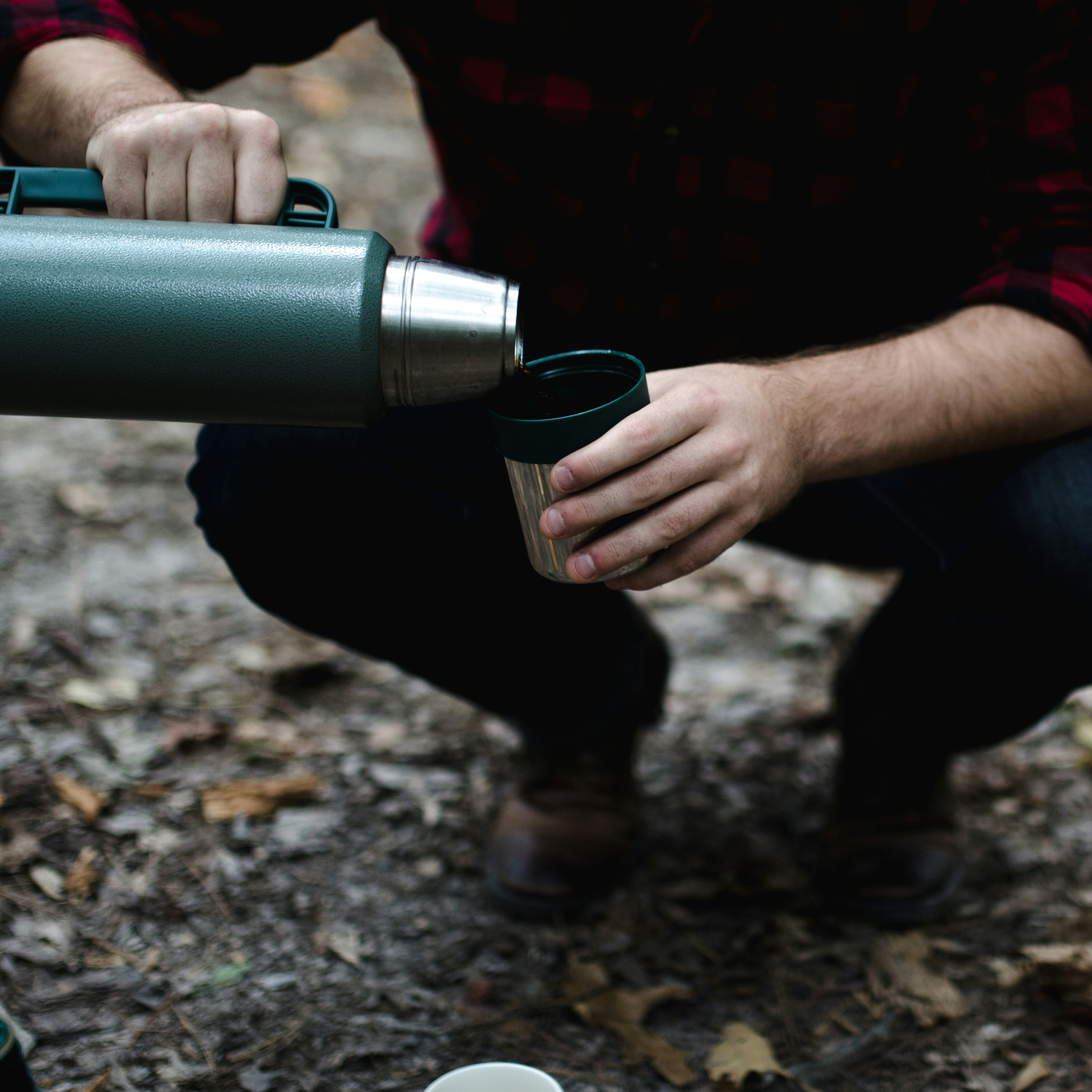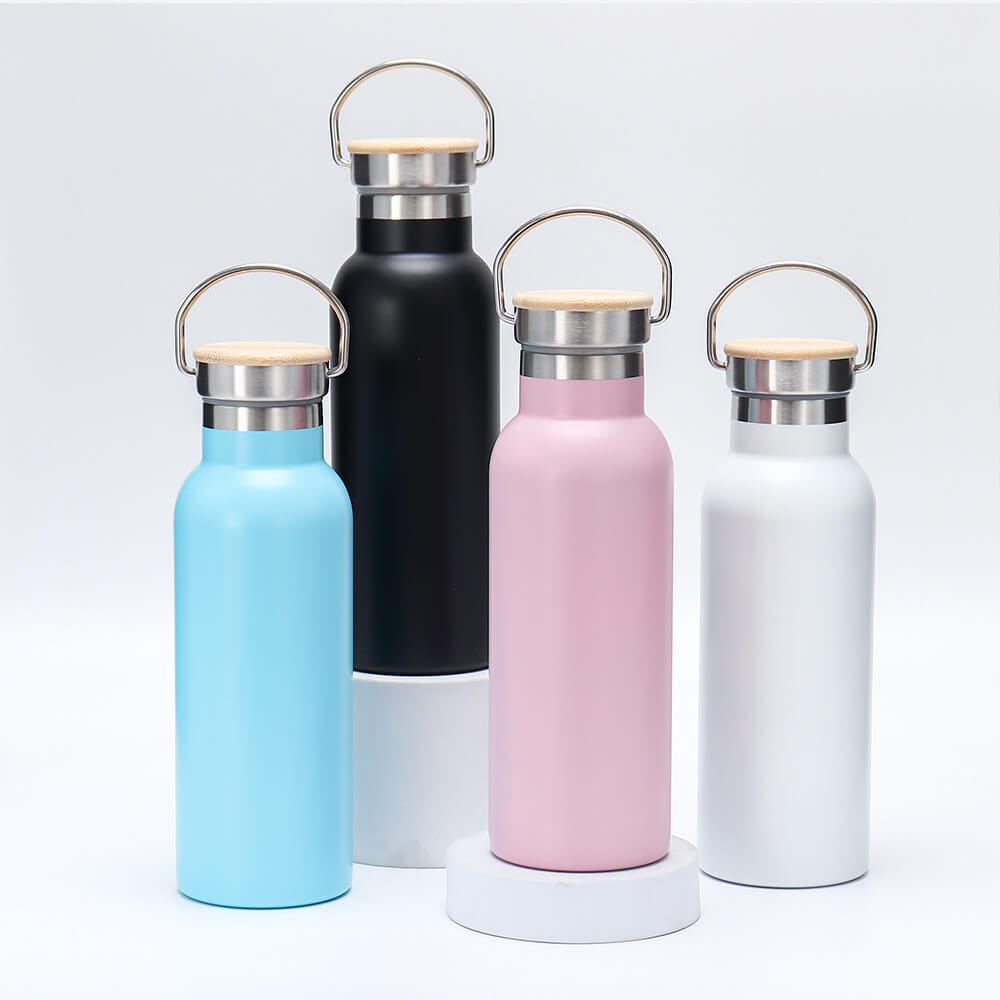Food insulation cups are widely used in our daily lives to keep our beverages and food at the desired temperature. However, not all food insulation cups are created equal when it comes to food grade. In this article, we will delve into the topic of food grade ranking for food insulation cups and highlight the importance of using high-quality cups for food safety.
In the context of food insulation cups, "food grade" refers to the materials used in the cups' construction that are safe for direct contact with food. It ensures that the cups do not contain harmful chemicals or substances that can leach into the food and cause health risks. Using food grade cups is crucial to protect consumers from potential contamination and maintain food safety standards.
The food grade ranking of food insulation cups takes into account various factors that determine the safety and quality of the cups. These factors include:
The primary aspect of food grade ranking is the materials used in the cup's production. Cups made of high-quality, food-safe materials such as stainless steel, borosilicate glass, or BPA-free plastic are preferred. These materials do not release harmful chemicals or alter the taste of the food.
Recognized certifications and standards play a crucial role in assessing the food grade ranking of insulation cups. Look for certifications like FDA (Food and Drug Administration) approval, European Union food contact materials regulations, or BPA-free labels. These certifications ensure that the cups meet strict safety guidelines.
The design and manufacturing process of food insulation cups also impact their food grade ranking. Cups with seamless construction and smooth interiors are easier to clean and reduce the chances of bacterial growth. Additionally, cups manufactured under controlled conditions with proper quality control measures tend to have better food grade ranking.
After considering the factors mentioned above, here are some top food grade rankings for food insulation cups:
Stainless steel cups are known for their excellent food grade ranking. They are durable, easy to clean, and do not retain flavors or odors. Look for cups made from 18/8 or 304-grade stainless steel for optimal food safety.
Borosilicate glass cups are another great choice for food insulation. They are free from harmful chemicals and provide excellent thermal insulation. Additionally, glass is a non-porous material that does not absorb flavors or odors.
Not all plastic cups are considered food grade, but those labeled as BPA-free are generally safe for food contact. These cups are lightweight, portable, and a more affordable option. However, be sure to check for additional certifications and ensure they meet your desired food grade standards.
In conclusion, the food grade ranking of food insulation cups is crucial for ensuring food safety. By considering factors such as material composition, certifications, and design, you can make an informed choice when selecting food grade cups. Opting for high-quality cups like stainless steel, borosilicate glass, or BPA-free plastic is essential to maintain food safety standards and enjoy your beverages and food without any health concerns.
 Octagonal Thermos Cup: The Perfect Blend
Octagonal Thermos Cup: The Perfect Blend
 Drip Coffee Cups Revolutionize Coffee Ex
Drip Coffee Cups Revolutionize Coffee Ex
 The Best Water Bottles for Every Trip
The Best Water Bottles for Every Trip
 4 Phenomenal Styles of Sport Insulation
4 Phenomenal Styles of Sport Insulation